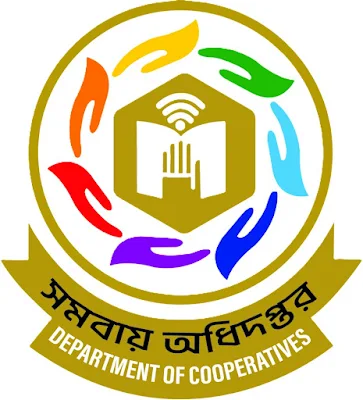The ongoing crisis within
Bangladesh's National Board of Revenue (NBR) has reached a critical juncture,
with a prolonged pen-down strike by tax, VAT, and customs officials severely
impacting the nation's economic vital signs. Government revenue collection has
slowed to a trickle, and essential business operations, particularly in the
import and export sectors, face unprecedented disruption.
At the Heart of the Unrest:
The root cause of this
debilitating standoff lies in a controversial ordinance proposing the
dismemberment of the NBR into two distinct entities: the Revenue Policy
Division and the Revenue Management Division. While the government champions
this structural overhaul as a necessary step to enhance efficiency, mitigate
conflicts of interest, and broaden Bangladesh's notoriously narrow tax base,
NBR officials stand in staunch opposition. Their primary concern revolves
around a contentious clause within the ordinance that would permit officers
from the general administration cadre to lead these new divisions, igniting
fears of professional marginalization for seasoned revenue cadre officials.
Further exacerbating the already
simmering tensions were recent "punitive" transfers of protesting
officials, the denial of designated meeting spaces, and the conspicuous
exclusion of certain officers from the very committee tasked with amending the
contentious ordinance. This perceived mishandling of the reform process has
undeniably eroded trust between the NBR leadership and its dedicated workforce.
Proposed Paths to Resolution:
The government, acting through
the Chief Adviser's office and the finance ministry, firmly asserts that the
NBR's restructuring is paramount for modernizing the national tax system and
bolstering revenue collection, aligning Bangladesh with international best
practices. While an earlier press release clarified that the NBR itself would
not be dissolved, the finance ministry has more recently pledged to introduce
necessary amendments to the "Revenue Policy and Revenue Management
Ordinance 2025" by July 31, 2025. These amendments, they state, are
specifically designed to safeguard the interests of BCS (tax) and BCS (customs and
VAT) cadres, a move they hope will quell the ongoing protests.
Conversely, the protesting NBR
officials, united under the banner of the NBR Reform Unity Council, are
demanding the immediate repeal of the contentious ordinance. They further
insist on the public disclosure of the NBR reform committee's final report and a
firm commitment to an inclusive, consultative, and sustainable reform process.
A more recent and significant demand is the immediate removal of the current
NBR Chairman. The officials underscore that their opposition is not to reform
itself, but rather a plea for transparency, fairness, and the rightful
inclusion of experienced revenue officers in any restructured framework. The
business community and economic analysts alike are vociferously urging for
immediate dialogue to resolve this deepening crisis, highlighting its severe
repercussions on both trade and the broader national economy.













